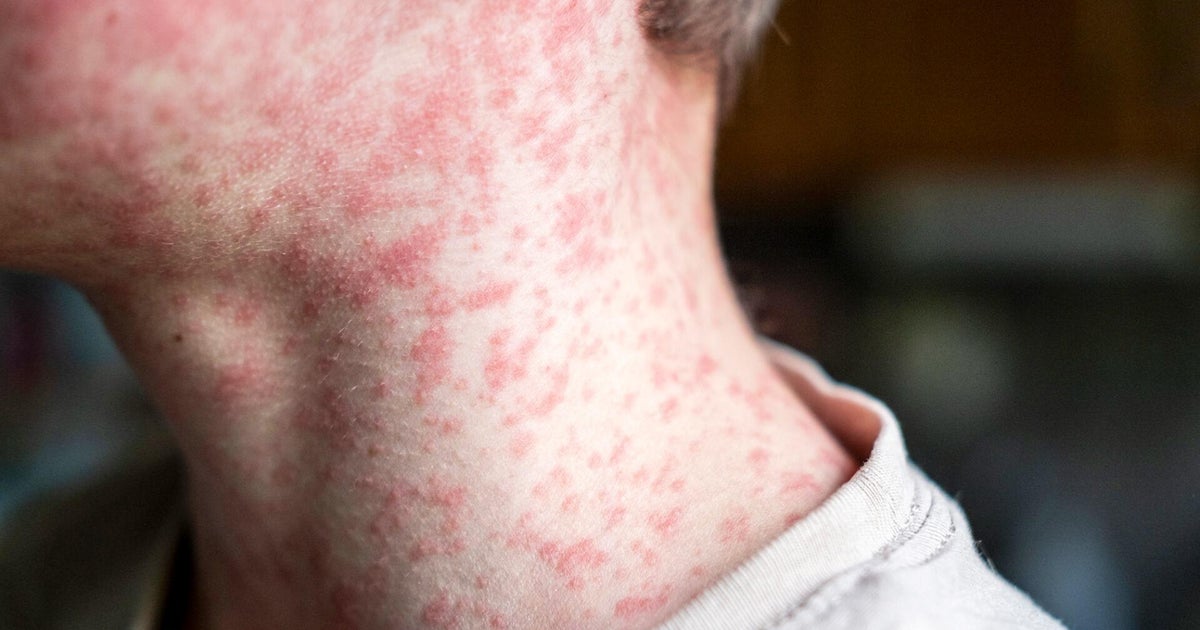Whooping Cough Cases Rising in Tarrant County
FORT WORTH (CBS11) - The number of whooping cough cases, also known as pertussis, is rising in Tarrant County.
The Tarrant County Public Health Department tells CBS11 there are 469 reported cases so far this year.
That's a big increase from last year when there were 297.
The news comes as the Grapevine-Colleyville ISD emailed parents Tuesday that a tenth-grader at Grapevine High School was diagnosed with the illness.
Dr. Justin Smith, a pediatrician with Cook Children's says, "It is a contagious disease."
Smith says whooping cough is spread when people sneeze, cough, or share their cups.
He says it can lead to very severe coughing fits in children and teenagers, and can cause them to vomit in some cases.
The school district says to reduce the risk, staff at the high school are asking students to frequently wash their hands.
Students have one more day of school Thursday before the winter break.
Last week, a student at one of the district's elementary schools came down with whooping cough, too.
But Dr. Smith says while parents should be alert, they should not worry about a major outbreak. "I don't think anyone is predicting there's going to be a huge outbreak at the school. We just want everyone to be aware what to look out for."
While the number of reported cases has increased in Tarrant County, the public health department says it is still not nearly as bad a situation as it was in 2013, when there were 655 reported cases.
Children are vaccinated for the illness twice - at ages four and eleven, but it's no guarantee.
Adults often get immunized for whooping cough every ten years because it's included in tetanus vaccines.
Dr. Smith says, "We know overall, the pertussis vaccine has shown a little bit less effectiveness than we'd like and it is something that's currently being addressed cause it is the one vaccine-preventable illness we do so see oubreaks here and there, even in vaccinated children."
Those who do get whooping cough even after being vaccinated often have less severe cases.
Doctors prescribe antibiotics to those who are diagnosed with the illness along with their immediate relatives.
Experts say if you have any questions, you should call your child's pediatrician or your own doctor.







